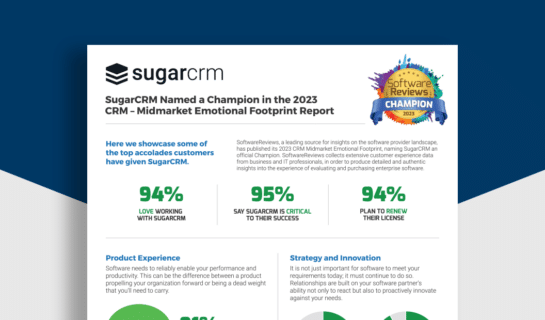Unlock the secrets to maximizing customer relationships in manufacturing with this ultimate guide to CRM strategies. Don’t miss out!

Image courtesy of KoolShooters via Pexels
Table of Contents
Strong customer relationships are crucial for the success of small manufacturing businesses. In today’s competitive market, maintaining loyal customers and attracting new ones is more important than ever. One powerful tool that small manufacturers can leverage to achieve this is Customer Relationship Management (CRM) software. By centralizing customer data, streamlining processes, and enhancing communication, CRM systems can help small manufacturers turn customers into champions.
Implementing a CRM System
Selecting the right CRM platform is the first step towards leveraging CRM for success in manufacturing. Look for a system that offers key features such as lead management, sales tracking, and customer support tools. Scalability and customization options are also essential for a CRM system to grow with your business and meet your unique needs. Once you’ve chosen a CRM platform, the next crucial step is integrating it into your operations. Ensure that employees are properly trained on using the CRM system to maximize its benefits and streamline processes.
Leveraging CRM for Customer Engagement
Personalizing communication is a key strategy for enhancing customer engagement with CRM. Use the data stored in the CRM system to personalize interactions and offers for each customer. By tailoring your marketing campaigns to individual preferences and behaviors, you can increase customer satisfaction and loyalty. In addition, CRM can help streamline customer support processes, enabling you to track and resolve customer issues efficiently. This improved customer service can lead to higher customer retention rates and positive word-of-mouth referrals.
Utilizing CRM for Sales Growth
CRM software is a valuable tool for tracking sales performance and identifying growth opportunities for small manufacturers. By leveraging the analytics capabilities of CRM, you can monitor key sales metrics and make data-driven decisions to drive revenue. Lead generation and follow-up are other areas where CRM can make a significant impact on sales growth. Use the CRM system to generate and track leads, and implement best practices for following up with leads to convert them into customers.

Image courtesy of www.sugarcrm.com via Google Images
Measuring Success and Making Improvements
Analyzing CRM data is essential for measuring the success of your customer relationships and making improvements where needed. Use the data collected in the CRM system to track key performance indicators related to customer satisfaction and engagement. Implementing feedback loops is another important practice for gathering customer feedback through CRM and using it to make informed decisions. By continuously analyzing data and gathering feedback, small manufacturers can make proactive improvements to their operations and customer relationships.
Conclusion
In conclusion, Customer Relationship Management (CRM) software is a powerful tool for small manufacturing businesses looking to maximize customer relationships and drive success. By selecting the right CRM platform, integrating it into operations, and leveraging its capabilities for customer engagement and sales growth, small manufacturers can turn customers into champions. Measuring success through CRM data analysis and implementing feedback loops for continuous improvement are key strategies for nurturing long-lasting customer relationships. By embracing CRM as a central part of their operations, small manufacturers can enhance customer loyalty, boost sales, and differentiate themselves in a competitive market.




